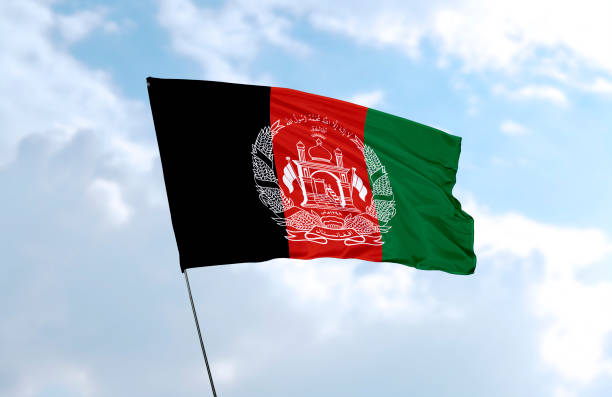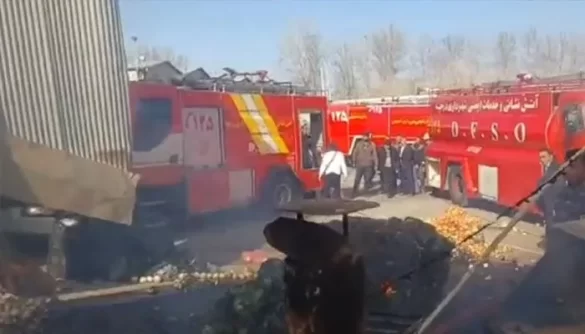Anti-Pakistan Chants at Official Event
Recent reports suggest that Afghanistan has witnessed anti-Pakistan propaganda at an official level. Security sources indicate that during a police academy passing-out parade, officials reportedly sang provocative songs targeting Pakistan.
The chants reportedly included incendiary lines calling for attacks on Islamabad and symbolic acts, such as planting flags in Lahore. The incident signals a sharp escalation in rhetoric from Afghan authorities and affiliated groups.
Taliban Figures Issue Threats
Taliban officials have reportedly made direct threats against Pakistan. On November 7, Taliban Minister Noorullah Noori allegedly issued warnings specifically directed at Sindh and Punjab provinces. Meanwhile, Taliban-linked digital media channels have repeatedly threatened attacks on Pakistan’s capital, Islamabad.
A widely circulated warning in the Afghan media read:
Remember, Russia and the U.S. are far away, but our connection is here in Sindh and Punjab. Do not let your technology test the patience of this brave and proud nation.
Such statements underline the growing hostility and indicate an intention to project power beyond Afghanistan’s borders.
Recent Attacks in Islamabad
The threats come amid escalating violence in Pakistan. On the same day reports emerged about the anti-Pakistan chants, a suicide bombing struck the Islamabad Judicial Complex. Twelve people were killed and 27 others injured.On the same day reports emerged about the anti-Pakistan chants, a suicide bombing struck the Islamabad Judicial Complex, killing 12 and injuring dozens. Read full report on the Islamabad blast.
Police investigations indicate that the attack involved Fitna al-Khawarij, a group allegedly backed by Indian sponsors and linked to Afghan Taliban proxies.
This is not the first incident attributed to cross-border proxy actors. Previously, an attack on Wana Cadet College in Pakistan was reportedly carried out by the same group. Analysts now warn that these incidents could reflect a broader pattern of regional destabilization efforts, with some seeing it as an example of state-sponsored terrorism from across the border.
Rising Regional Tensions
These developments come at a time when Pakistan faces growing security concerns along its eastern and western frontiers. The repeated threats and attacks have heightened fears of further escalation in the region, prompting calls for increased vigilance and diplomatic engagement.
Security experts note that while the rhetoric is severe, it also represents a continuation of long-standing tensions between Afghanistan, Taliban factions, and Pakistan. The international community has urged restraint, warning that further escalation could destabilize South Asia, a region already fraught with geopolitical sensitivities.















